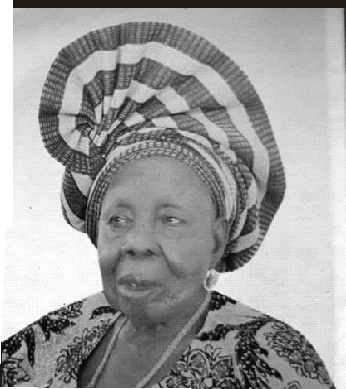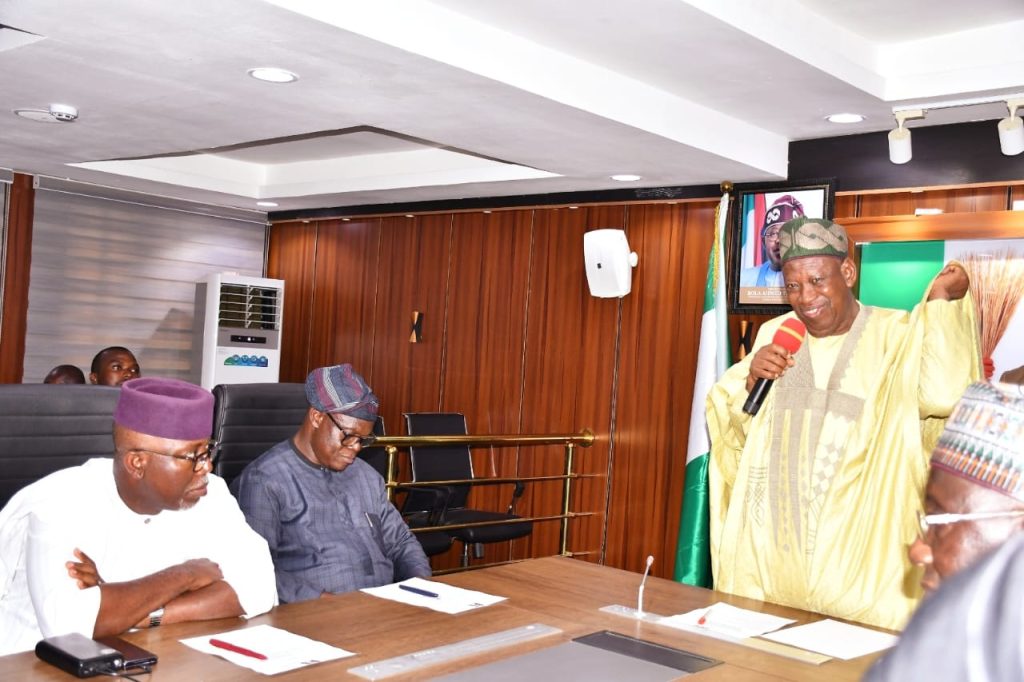Save Poultry Industry Now
THE poultry industry in Nigeria is currently at a very dangerous brink of collapse and requires the urgent intervention of the Federal Government.
ACCORDING to the Poultry Farmers Association of Nigeria, PAN, Ondo State branch, about 40 percent of the farmers have closed down their farms due to high cost of production, unfavourable climatic condition and destructive activities of herdsmen, destroying maize and soya beans plantations across the country.
MAIZE and soya beans which are the major ingredients in the production of poultry feeds are in acute shortage supply as a result of the above mentioned factors, thus forcing their prices up.
POULTRY feed constitutes more than 75 percent of the cost of production. About a year ago, layers’ mash feed was sold for about N2,500 per 25kg while a crate of eggs was selling at about N850. Sadly, the price of the same feed has doubled while the current price of eggs is less profitable to farmers. Same situation applies to costs of broilers’ starter and broilers’ finisher.
AGAIN, foreign investors in the industry such as the Lebanese who dominate the hatchery aspect also sell their Day Old Chicks, DOC, at exorbitant prices. A DOC that was sold between N210 and N180 last year now goes for between N510 and N450.
MORE worrisome is the poor and substandard quality of poultry drugs and vaccines. It appears Nigeria is now regarded as a dumping ground going by the attitude of those importing and manufacturing the drugs. Following prescriptions on the drugs is like fooling oneself. To achieve the right and desired results when using the drugs and vaccines, you have to double dose. The situation have ruined several poultry farms of many unsuspecting farmers.
THE resultant effects of the above scenario are closure of small and medium sized poultry farms, thereby threatening between five to 10 million jobs, particularly at the urban and rural areas. This could also promote divestments in the poultry sector which could lead to devastating fall of fortunes in the entire value chain of the industry.
BEFORE the present challenges, the poultry industry was a rare success story in the commercialization of Nigeria’s agricultural sector. It is a completely private-sector driven subsector of the country’s economy.
THE Poultry Association of Nigeria puts the worth of the industry at N10 trillion, with a contribution of over 25 percent to the Agricultural Gross Domestic Product (AGDP).
BESIDES, Nigeria’s poultry industry engages over 20 million people in direct and indirect employment. Over the last eighteen years, Nigeria’s poultry industry has grown to become the number one eggs and broilers producing nation in Africa with additional local and foreign direct investments. It is one of the most lucrative farming businesses with over 160 million consumers in Nigeria alone.
HOWEVER, since President Mohammadu Buhari administration’s ban on the importation of poultry products into the country so as to further boost local production, Nigeria has been experiencing series of strange challenges now bedeviling the industry. Of a fact, the Federal Government might not be oblivious that there might be external and internal collaborators to frustrate the nation’s efforts for self-sufficiency.
THIS is why The Hope calls on the government to put machinery in motion towards working on intelligence gathering and information to unravel this. The government should equally look into the issue of insecurity and try its possible best to securing the country from criminals so as to encourage serious farming and commercial production.
THE Federal Government should step up efforts in addressing production of maize and soya beans in the country. There is no reason Nigeria should not be able to meet her local demands for maize and soya beans and also export. These are products that would ordinarily do very well when planted in any part of the country. Even when the weather fails, as it was experienced last year, we believe that the country has various water resources which could be husbanded to provide small-scale irrigation systems that an average Nigerian farmer could take for granted.
THE HOPE advises that government and its relevant agencies should engage with the relevant associations in the value chain on constant basis on issues that affect the industry before critical policy decisions are taken in order to remove most of the ambiguities in policies that affect the industry and the generality of Nigerians.









